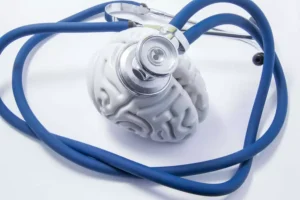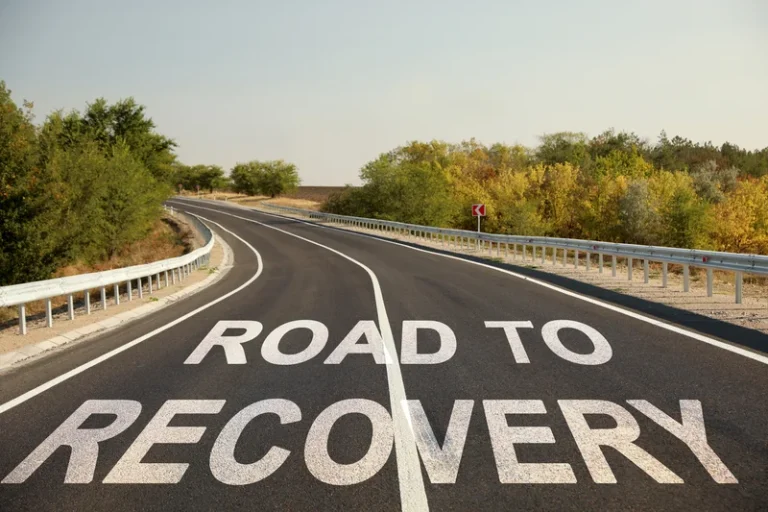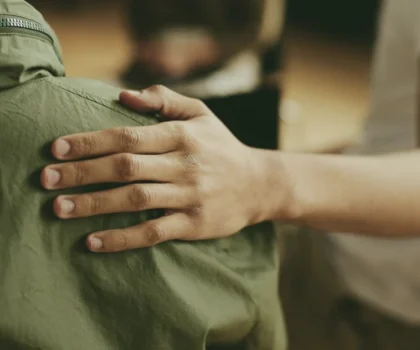
And having that extra cash opens up a whole world of new opportunities – you could decide to save for a house, take a vacation, or go back to school, for example. These get replaced by hours reclaimed for hobbies, projects, and personal growth. Weekdays also no longer start with the fog of a hangover which allows for sharper focus, sustained energy, and greater efficiency at work. This improvement in relationships is one of the most rewarding benefits of a sober life. It can offer a richer and more fulfilling way to connect with others. Embracing sobriety often leads to a noticeable improvement in mood, as individuals move away from the temporary emotional fixes alcohol provides to more stable, genuine feelings.
#132 – Episode 132 – Relationships In Early Sobriety
- From overcoming cravings and triggers to building a strong support system and accountability, these individuals provide valuable insight into making sobriety easier on the journey toward lasting sobriety.
- Keep doing the things that are supporting you and are working and you will to the good stuff.
- Some drugs have very intense withdrawals, whereas others are very minimal.
- Binge drinking can lead to consuming an extra 600 calories or more in a day.
Why being sober is better not only includes the physical and emotional benefits but also the profound sense of pride and accomplishment that comes with maintaining sobriety. This can boost your self-esteem and confidence, which are essential for a fulfilling life. Contrary to popular belief, alcohol does not help with achieving quality sleep.

Your memory improves.
It can be difficult to come to terms with this idea, but once you do, you’ll be glad you did. There is something freeing about being OK with feeling what you feel and expressing being sober sucks that. You no longer have to hide parts of yourself or pretend to be a person you are not. Everyone has days where they just aren’t OK and that doesn’t make them a failure.
You avoid alcohol- or drug-related health problems.
If you look out a longer time, people who drink are six times more likely to have a cardiovascular event within a week compared to people who don’t drink. The American Society of Clinical Oncology adds that limiting or quitting alcohol while you’re having cancer treatment may help you avoid complications. This includes cancer recurrence or the development of secondary primary tumors (SPTs). This typically occurs after five or more drinks for men and four or more drinks for women. According to Volpicelli, the cognitive changes people can have from drinking—like memory trouble, slowed reaction time, difficulty controlling behavior, and poor concentration—get worse over time. If you or someone you know experiences mental health issues, it is important to seek help from a qualified professional.
How long after quitting alcohol does it get easier?

Physical symptoms will be much better by a week after stopping for most people. Alcohol withdrawal symptoms generally begin within 12–24 hours after your last drink. They will initially be milder, with a headache, tremors and mild anxiety being the first symptoms. While mild at first, they will begin to intensify as withdrawal progresses. The first week of sobriety can be difficult, as common symptoms such as headaches, sweating, tremors, insomnia, nightmares, anxiety, and fear are likely to occur. However, with proper support and dedication, successful sobriety is possible.

- If people press that response, I’ll either stare at them and hold an uncomfortable silence (this is enjoyable at some point), or just change the subject.
- After the intense physical strain of withdrawal, people will often be fatigued.
- But last month, she did share well wishes for PK’s birthday in a post to her Instagram stories, writing, “Lots of love from me and the munchkins.”
- Without drugs or alcohol, you will begin to understand feelings of appreciation, love, support, joy, connection.
- They will initially be milder, with a headache, tremors and mild anxiety being the first symptoms.
Improved physical health and reduced risk of chronic diseases are just some of the many actual benefits of staying sober. By abstaining from drugs and alcohol, individuals can experience enhanced mental clarity and cognitive function, leading to improved overall well-being. Research shows that some damage to your brain, liver, heart, and gut done by alcohol will slowly heal when you stop drinking. While it’s true that alcohol withdrawal symptoms can be severe, they will not last forever.
Three Key Health Benefits of Quitting Alcohol
Your world is not going to transform completely in three months. Your sobriety is heavily dependent on being both optimistic and realistic. The weekends always felt like they flew by, probably because at least one of those days would be spent in hangover agony. These days I do not “really” have more money because I quit my job and added another human to our family. I continue to suffer from anxiety and have to manage it, but it doesn’t ruin my life like before. If I do something that requires an apology these days, it comes from a place of genuine misunderstanding.
Bonus benefits
- It all began in 2013 with a challenge called “Dry January,” during which participants took a month-long break from drinking following boozy holiday gatherings and rowdy New Year’s Eve parties.
- To build a strong support network, reach out to friends and family, join a support group, and take advantage of online resources.
- By incorporating these strategies into your daily routine, you’ll be better equipped to face the ups and downs of sober life and continue on your journey to long-term sobriety.
- Anyone stopping alcohol should discuss their plan with a doctor and seriously consider undergoing a medically-supervised detox.
- Between messing up your sleep and taking a toll on your body, alcohol and drugs can make you feel pretty bad if you use them regularly.
Neurotransmitters can rebound beyond their usual activity levels, which can leave you feeling anxious and irritable. Volpicelli explains that this volleying can also lead to low motivation or anxiety and depression. One of the most profound ways that alcohol affects you is through what it does to your body. After you drink alcohol, Volpicelli explains that the small molecules inside it get absorbed by your gut.











What do you think?